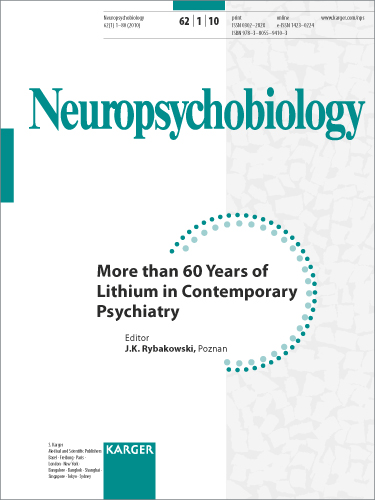- Joined
- Nov 9, 2015
- Messages
- 264
- Reaction score
- 382
Currently going through a psychopharm book by Ghaemi, who has a section about lithium with some discussion of the lithium in the drinking water studies most of us have read before.
In the book, he seems to be inferring that its a good idea to prescribe very lose doses of lithium (~30mg of lithium citrate or 120mg of lithium orotate) to people with affective illness (including MDD alone) to prevent suicide, although he doesn't seem to commit to actually advising people do this (maybe a CYA move, idk).
Any of you guys do this?
In the book, he seems to be inferring that its a good idea to prescribe very lose doses of lithium (~30mg of lithium citrate or 120mg of lithium orotate) to people with affective illness (including MDD alone) to prevent suicide, although he doesn't seem to commit to actually advising people do this (maybe a CYA move, idk).
Any of you guys do this?

